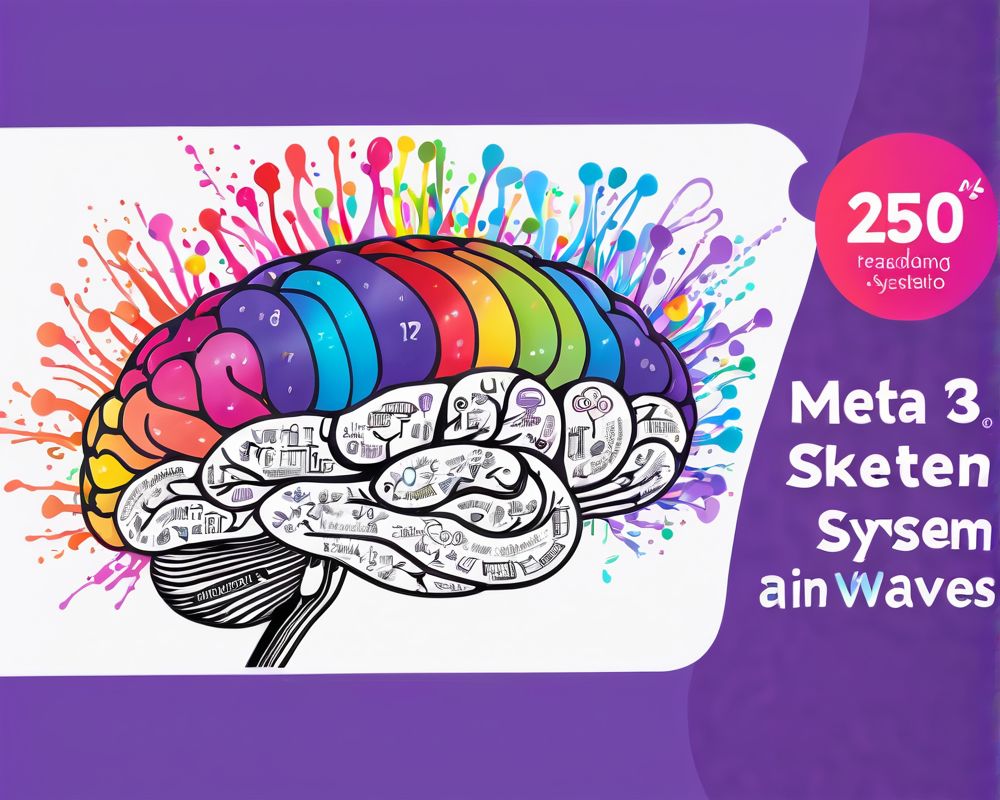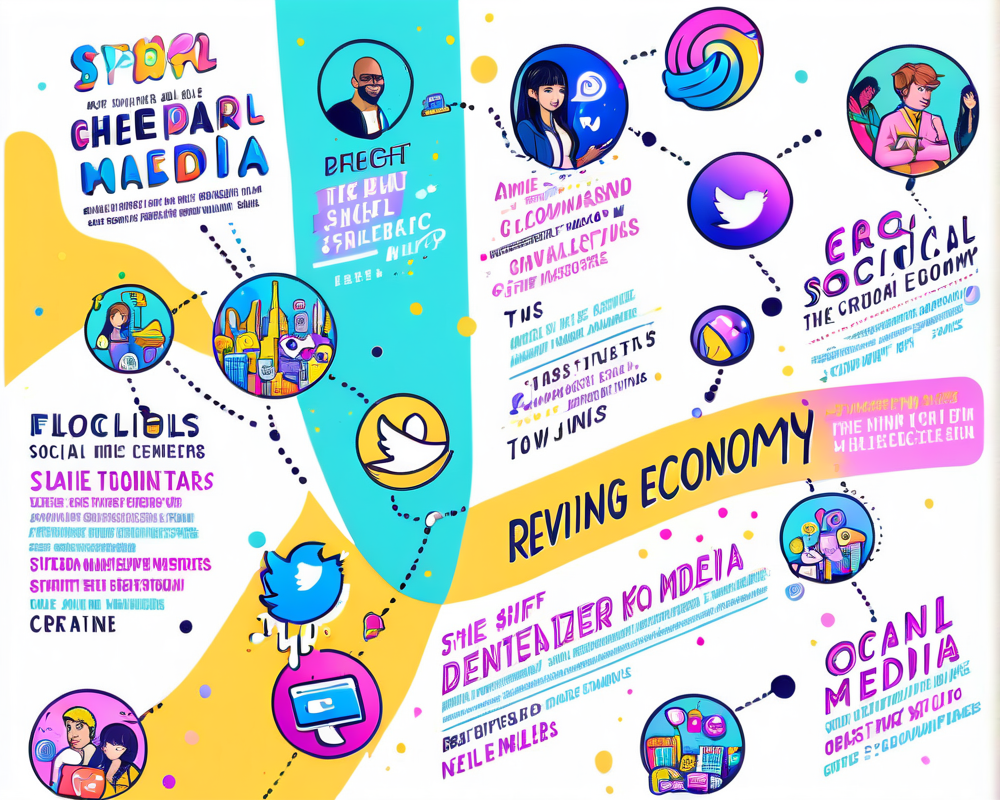A Glimpse Into the Future of Brain Imaging
On October 18, Meta AI made waves by introducing an intriguing innovation: a cutting-edge AI system designed to decode images from human brain waves. This breakthrough combines a non-invasive brain scanning technique known as magnetoencephalography (MEG) with advanced artificial intelligence.
The Power of Magnetoencephalography (MEG)
MEG is no ordinary imaging technology. Imagine it as a high-tech ear that listens to the electrical whispers of our brains. By mapping the magnetic fields produced by neural activity, MEG provides a peek into our thoughts—no dodgy mind-reading required. Unlike other invasive methods, MEG respects personal boundaries while delivering real-time brain activity insights.
How Does This Marvel Work?
Interestingly, the new system by Meta AI doesn’t just dive headlong into mind-reading. Instead, it focuses on a more structured approach: training the AI to interpret specific brain waves associated with certain images. Think of it as a very intense game of charades where the AI has to guess what you’re thinking based on your brain’s electrical outputs. According to Meta, “This AI system can be deployed in real time to reconstruct, from brain activity, the images perceived and processed by the brain at each instant.” Talk about an upgrade for affiliate marketers—if only it could read your dog’s thoughts during dinner!
Training the AI: A Mind-Reading Course?
Before you imagine a future of spontaneous telepathy, let’s get real. The AI requires pre-training based on individual brain waves. So while it won’t be able to discern your Sunday Netflix binges, it can figure out how to interpret visual stimuli you’ve already trained it on. It’ll be like speed-dating for your brainwaves—only the selected images make it through!
Potential Applications: More Than Just Fun and Games
This exploration into decodable brain imagery could eventually lead to significant advances in healthcare. Meta AI envisions uses in clinical settings, potentially helping those who’ve lost their ability to communicate. We might not be mind-reading just yet, but this research could one day offer a quality-of-life upgrade that many people need. It raises exciting questions about the future of non-invasive brain-computer interfaces.
Conclusion: The Road Ahead
While the vision is promising, it’s important to recognize that this is just the beginning. As technologies advance, we can expect even more exciting developments that may offer not only incredible breakthroughs in understanding how we think but also in improving the well-being of individuals facing communication challenges. Only time will tell where this journey of neural exploration takes us next.




